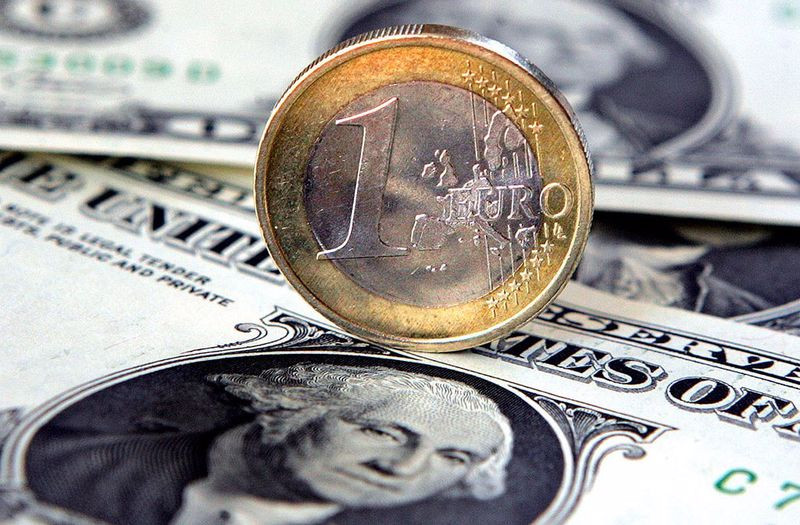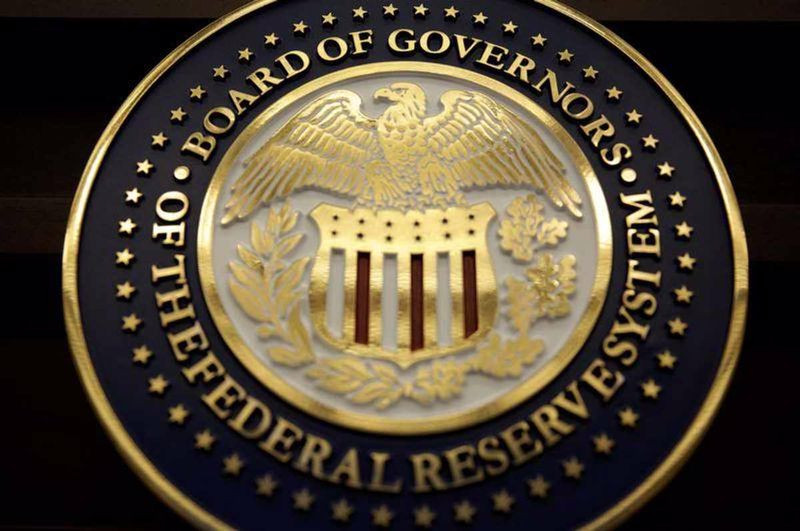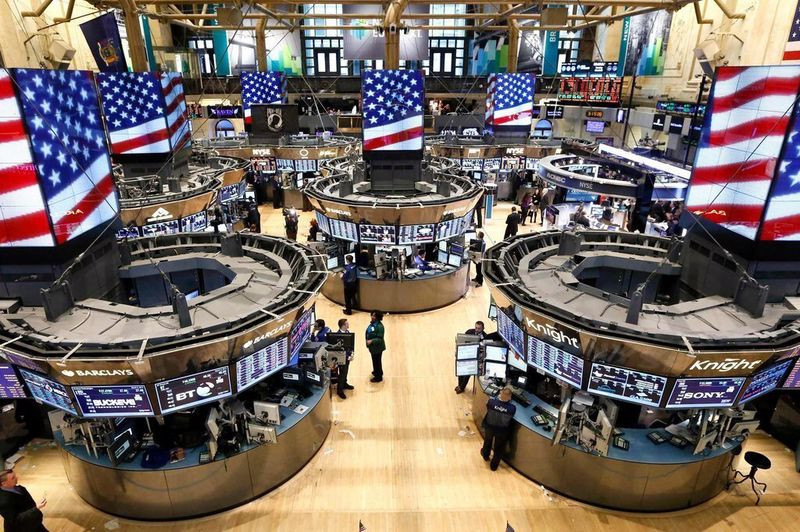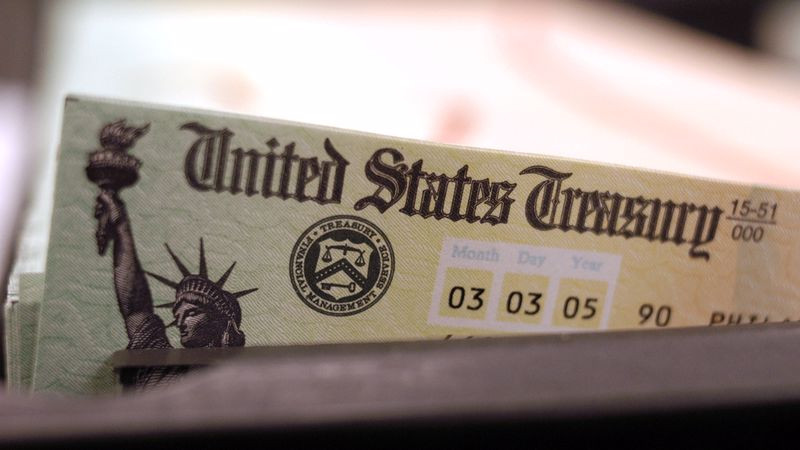In December, the Federal Reserve announced plans to tighten policy, and leading banks began to revise their forecasts regarding the further steps of the central bank. In particular, Goldman Sachs not only expects four rounds of rate hikes in 2022, but also the beginning of a reduction in the balance sheet in June.
Many economists have also leaned in the hawkish direction and in recent days have strengthened their opinion that the Fed will act more decisively and at a faster pace to curb consumer price growth, which has not yet shown signs of slowing down.
Analysts believe that in December, US inflation accelerated to 7% from 6.8% recorded a month earlier.
Fed Chairman Jerome Powell, in his speech in today's Senate, which was published on Monday, promised to use the full set of central bank policy tools to prevent higher inflation from taking root.
"The American economy is developing at the fastest pace in many years, and the national labor market is strong. But the strength of the recovery lies in the fact that there are constant supply and demand imbalances and bottlenecks, and, consequently, increased inflation. We know that high inflation leaves its mark, especially on those who are less able to cover the higher costs of basic necessities," said Powell.
The latest hawkish comments by representatives of the Fed and the minutes of the December FOMC meeting give reason to believe that, despite the onset of the Omicron strain, the US central bank may still be set to raise rates more quickly and reduce the size of the balance sheet, TD Securities strategists note.
Such prospects are fueling the growth of US Treasury yields. The day before, the yield of 10-year treasuries updated the highs of two years ago, after which it rolled back.
If the forecasts for an increase in the federal funds rate in March come true, and this will be followed by an accelerated transition of the Fed to reduce the balance sheet, the greenback will receive an additional boost to growth.
However, the likelihood of a more aggressive curtailment of monetary incentives in the context of the ongoing pandemic makes some investors think about the justification for the Fed's rush.
In addition, after the release of ambiguous US employment data for December, there was a feeling that the market jumped over its head in its expectations, and if their revision begins soon, it will play against the dollar and ease the pressure on stocks, which fell sharply at the start of the new year.
From last Monday to Friday, the S&P 500 index fell by almost 2%, which was the worst result for the first week of the year since 2016.
Jeffrey Gundlach, the founder of DoubleLine Capital, is waiting for an increase in volatility, which will shake the US stock market considerably.
"In March, the Fed will completely curtail quantitative easing, and investors should be concerned about this. The valuation of the shares also raises concerns," he said.
"When the central bank started tightening monetary policy in 2018, a bear market immediately began," warns Gundlach.
Chris Harvey, chief strategist at Wells Fargo Securities, shares a similar opinion. He believes that this year as a whole will be difficult for the stock market and predicts that the S&P 500 index will decline by about 10% before the summer.
"Corrections will be observed more and more often against the background of increased volatility, and eventually the psychology of investors, which can be expressed by the phrase "the market bends, but does not break," will let them down," the analyst said.
The S&P 500 index ended Monday's trading in the red zone, but was able to significantly recoup intraday losses and bounce back from session lows to close.
Apparently, the players decided to buy out the securities that have fallen in price in recent days. As long as the integrity of the upward trend remains, purchases on downturns will remain relevant, with the prospect of updating record highs, despite the overheating of the market.
The US stock market will need an increase in corporate profits to continue its recovery, since the key factor that supported stocks in 2020-2021 – interest rates close to zero - is likely to disappear this year, The Wall Street Journal reports.
"Given the current price/earnings ratios, what we need to continue the rally in the stock market is a steady increase in profits. Even if there were no talk of raising rates, we think that the price/profit ratio for American companies is now close to the upper limit," BMO Wealth Management analysts noted.
As for the greenback, it has not yet managed to take full advantage of the new jump in the yield of treasuries. The day before, the USD index closed in the green zone, but could not regain the level of 96.00, which now acts as the nearest resistance. Today, the US currency has returned to a defensive position against its main competitors, although its losses so far do not exceed 0.2%.
The greenback's inability to rally, despite the growing relative premium on US bond yields compared to other G10 economies, makes many wonder what needs to happen to lift the USD.
However, it will not be easy to inspire dollar bulls to new exploits in the coming days, since the players have already taken into account the accelerated curtailment of asset purchases by the Fed and the increase in interest rates by the central bank.
Thus, neither the hawkish statements of FOMC officials, nor the confirmation of rising inflation in the US, are likely to be able to lead to a steady rise in the greenback.
At the same time, short-term spikes in USD longs are quite possible, especially if the yield of treasuries, which conducts the markets with the onset of 2022, goes to new peaks.
If the UST yield goes into the correction phase, then the growth of the EUR/ USD pair has every chance to last up to 1.1360-1.1380, after which we should expect the resumption of short positions.
Fundamental factors continue to favor the dollar, but the strengthening of inflation concerns in the eurozone and the growth of German bund yields may limit the decline in EUR/USD.
The yield of 10-year German bonds, which are considered the "benchmark" of European debt, reached -0.025% on the eve, which has not been possible since May 2019, after which it decreased slightly.
European money markets are changing dramatically in tandem with the US money markets, which now estimate an 80% probability of a Fed rate hike in March. As for market expectations for the European Central Bank, a 10 basis point rate hike is expected in October.
Inflation in the eurozone reached 5% in December, and ECB Governing Council member Isabelle Schnabel warned that an energy policy aimed at solving climate change problems would spur inflation even more, provoking a response from the central bank.
The ECB still adheres to an ultra-soft monetary policy, which causes discontent among many investors. Admittedly, the story in the eurozone is more complicated than in the United States - along with financial problems due to the COVID-19 pandemic, the continent was hit by an energy crisis. As a result, the ECB was faced with a choice – either to curtail emergency assistance programs and gradually start raising the rate, or to leave everything as it is until the problems with electricity are overcome. However, after March, the vector should change here, which will have a positive effect on the euro exchange rate, including against the dollar.
So far, the EUR/USD pair remains at the mercy of the greenback's market valuation. It regained its positions after falling below 1.1300 on Monday and seems to have entered a consolidation phase after touching a local high near 1.1350 on Tuesday.
The nearest resistance is marked at 1.1360, followed by 1.1380 and 1.1400.
The initial support is in the area of 1.1315-1.1320 (the area in which the 100-, 50- and 20-day moving averages are located), and then at 1.1300 and 1.1280.

























